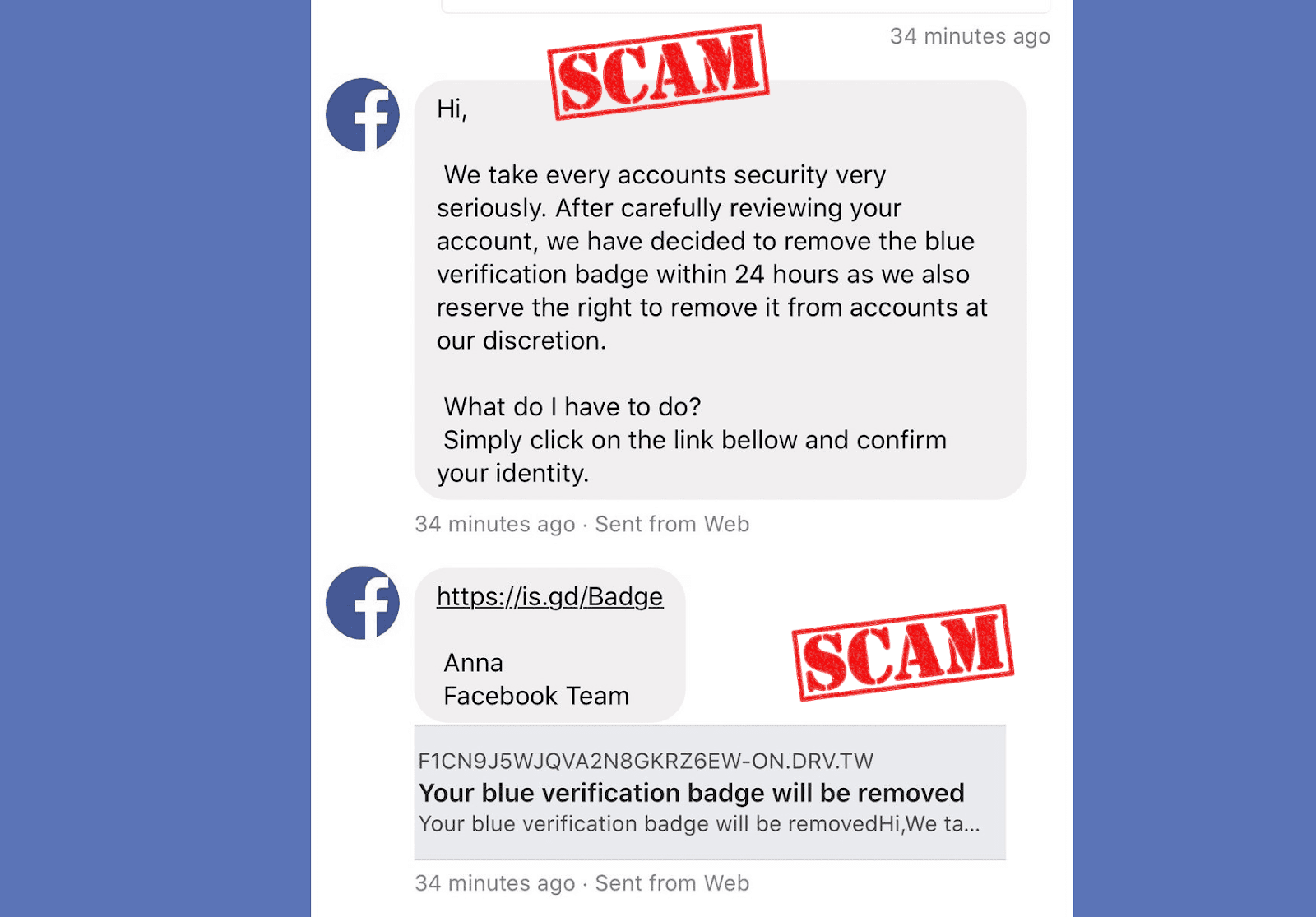The rise of social media has brought with it a new wave of scams, and one of the most prevalent is the Facebook photo scam. As users share their lives through pictures, scammers are increasingly taking advantage of this trend to deceive and exploit unsuspecting individuals. With the allure of free gifts, contests, or alluring messages, many fall victim to these scams without even realizing it. It's crucial to stay informed and vigilant to protect yourself and your loved ones from these deceptive tactics.
In an era where sharing personal moments through photographs has become the norm, scammers have found a fertile ground to operate. The Facebook photo scam typically involves fraudulent claims linked to images, often promising rewards or enticing offers in exchange for engagement or personal information. These scams can be particularly dangerous because they prey on the trust users have in their friends and family, leading to a false sense of security.
As Facebook continues to grow, so does the sophistication of these scams. Cybercriminals constantly devise new methods to lure users into their traps, making it essential for everyone to educate themselves about the signs of a scam. By understanding the mechanics behind the Facebook photo scam, individuals can better navigate the social media landscape and avoid falling victim to these traps.
What is the Facebook Photo Scam?
The Facebook photo scam is a deceptive scheme that exploits users' trust in social media. Scammers typically create fake posts that feature attractive photos, claiming that users can win prizes or receive special offers simply by clicking on a link or sharing the image. These scams can take various forms, including fake contests, phishing attempts, or even malware distribution.
How Do Scammers Operate on Facebook?
Scammers often use several common tactics in their schemes:
- Fake Contests: Users are invited to participate in a contest by sharing a photo or clicking a link, only to find out it leads to a scam.
- Phishing Attempts: Scammers may ask for personal information under the guise of a contest or prize.
- Malware Links: Clicking on a link may lead to the installation of malicious software on the user's device.
Who is Most at Risk for Facebook Photo Scams?
While anyone can fall victim to a Facebook photo scam, certain demographics may be more susceptible:
- Young Users: Younger individuals may be more inclined to engage with exciting offers.
- Older Adults: Seniors may not be as familiar with online scams and can easily be tricked.
- Inexperienced Users: Those who are new to Facebook may not recognize the signs of a scam.
What Are the Warning Signs of a Facebook Photo Scam?
Identifying a Facebook photo scam can be challenging, but there are several red flags to watch out for:
- Unrealistic Offers: Be wary of offers that seem too good to be true, such as winning expensive prizes for minimal effort.
- Requests for Personal Information: Legitimate contests will not ask for sensitive information like passwords or credit card details.
- Unverified Sources: Check the credibility of the page or profile promoting the contest—if it seems unknown or suspicious, proceed with caution.
How Can You Protect Yourself from Facebook Photo Scams?
Staying safe on Facebook requires vigilance and a proactive approach. Here are some strategies to help protect yourself:
- Educate Yourself: Stay informed about the latest scams and how they operate.
- Verify Offers: Research any contest or offer before participating or sharing it.
- Report Suspicious Activity: If you encounter a scam, report it to Facebook immediately.
What Should You Do If You’ve Fallen Victim to a Facebook Photo Scam?
If you believe you've been scammed, it's essential to take immediate action:
- Change Your Passwords: Update your Facebook password and any other accounts that may have been compromised.
- Check for Unauthorized Activity: Review your account activity for any suspicious actions and report them.
- Notify Your Friends: Warn your friends and family to prevent them from falling victim to the same scam.
Conclusion: Staying Vigilant Against the Facebook Photo Scam
As social media continues to evolve, so do the tactics of scammers. The Facebook photo scam is just one example of how criminals exploit users' trust and emotions. By staying informed, recognizing warning signs, and taking proactive measures, you can protect yourself and your loved ones from falling victim to these deceitful practices. Remember, if something seems too good to be true, it probably is—so always err on the side of caution when engaging with offers on social media.
Biography: A Case Study of a Victim
To better understand the impact of the Facebook photo scam, let's look at the story of Sarah Johnson, a 28-year-old marketing professional.
| Details | Information |
|---|---|
| Name | Sarah Johnson |
| Age | 28 |
| Occupation | Marketing Professional |
| Location | Los Angeles, CA |
| Facebook Usage | Regular User |
Sarah was excited when she stumbled upon a Facebook post promising a free trip to Hawaii in exchange for sharing a photo of her recent vacation. Eager to participate, she clicked the link and unwittingly provided her personal information. Shortly after, she began receiving spam emails and noticed unauthorized charges on her credit card. Fortunately, she acted quickly to mitigate the damage, but the experience left her shaken and more cautious about online offers.



